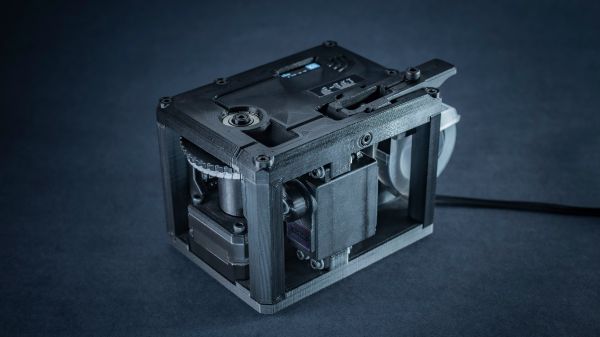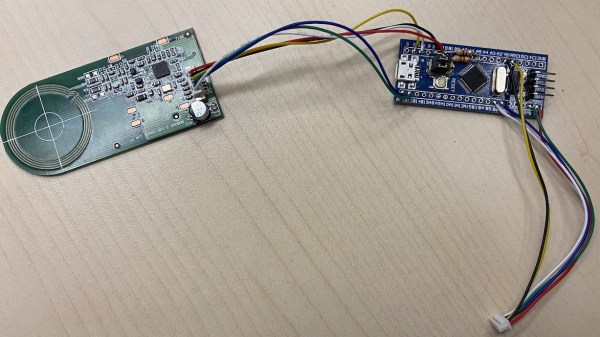Long time readers will know that occasionally we mix up our usual subject matter with a dash of farm equipment. Usually the yellow and green variants that come from John Deere, as the agricultural manufacturer has become the poster child for all that is wrong in the fight for the right to repair. An old Deere is worth more than a nearly new one in many places, because for several years now their models have had all their parts locked down by DRM technologies such that only their own fitters can replace them. Now after a long legal fight involving many parties, the repair and parts company iFixit sound justifiably pleased as they announce the world’s first agricultural right to repair law being passed in the US state of Colorado. (Nitter)
This may sound like a small victory, and it will no doubt be followed by further rearguard actions from the industry as similar laws are tabled in other states. But in fact as we read it, with this law in place the game is de facto up for the tractor makers. Once they are required to release any access codes for the Coloradans those same codes will by extension be available to any other farmers, and though we’re guessing they won’t do this, they would be best advised to give up on the whole DRM idea and concentrate instead on making better tractors to fix their by-now-damaged brands.
It’s exciting news for everybody as it proves that right-to-repair legislation is possible, however since this applies only to agricultural machinery the battle is by no means over. Only when all machines and devices have the same protection can we truly be said to have achieved the right to repair.
We’ve reported on this story for a long time, here’s a previous piece of legislation tried in another state.














